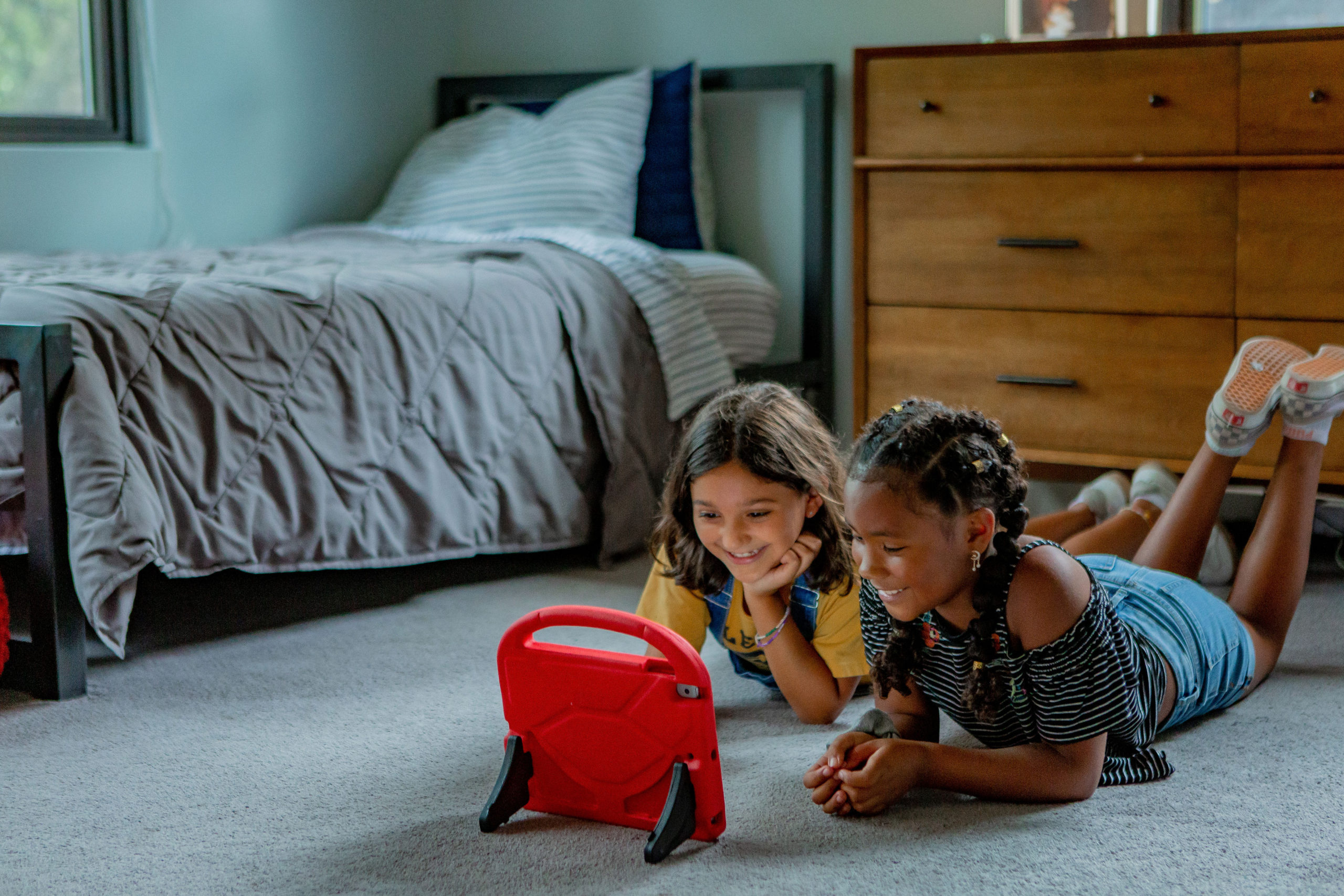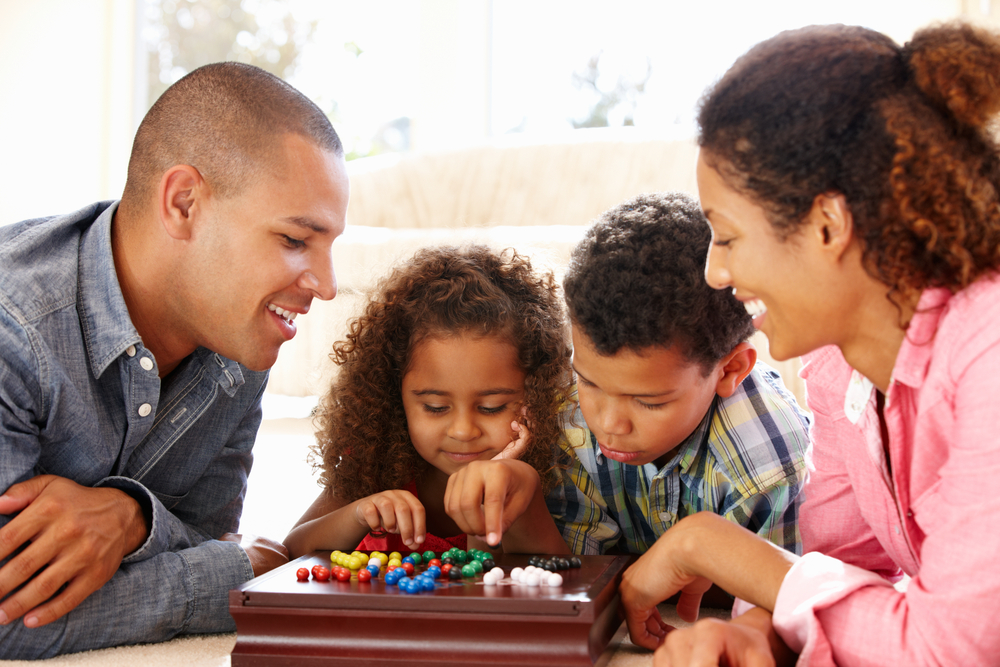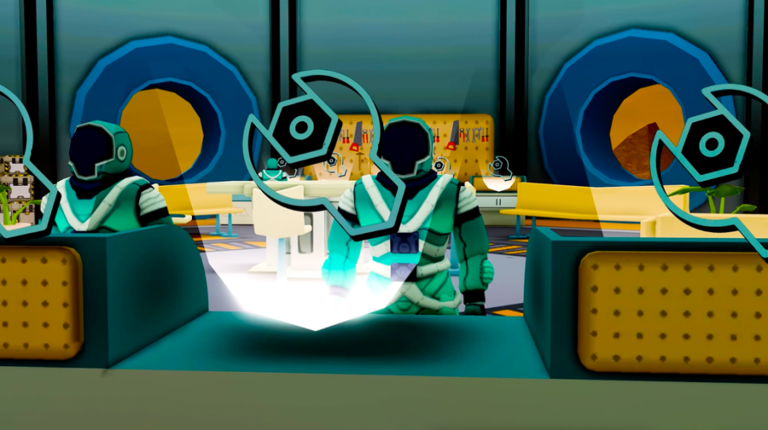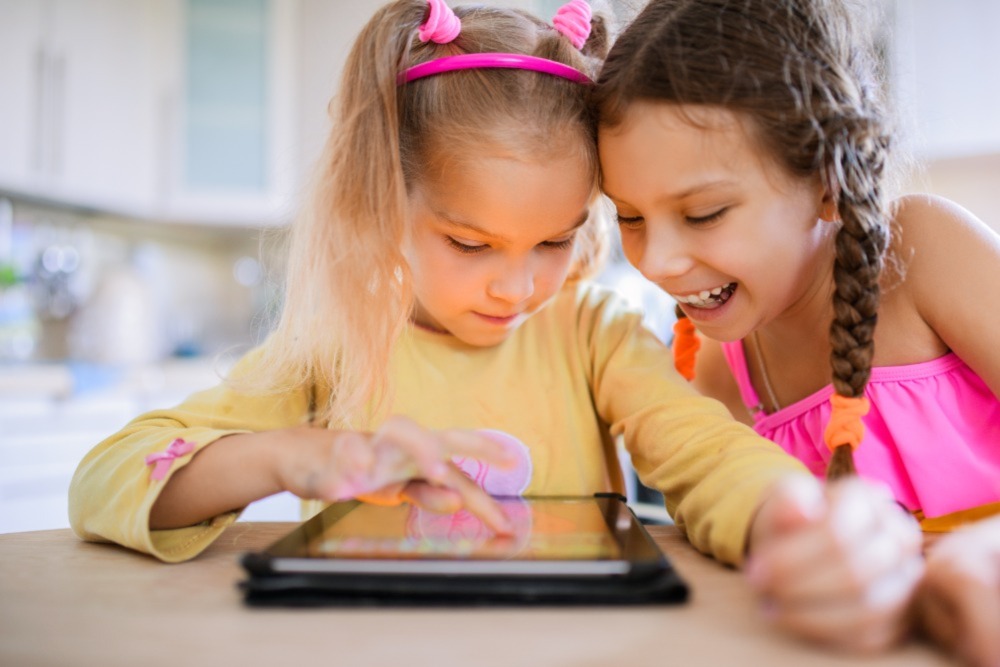How to Help Your Child Become a Good Digital Citizen (and why that’s important)
Digital citizenship is a buzzy topic right now, and for good reason. Being a good digital citizen means knowing how to safely and responsibly use the internet. And this is incredibly important.
Why?
Because your online actions have consequences the same as your real-life actions. And with more and more people connecting virtually, we need to be creating positive online experiences for everyone. Let’s explore the why and how behind this movement.
Why Is Good Digital Citizenship Important?
Digital citizenship is an essential conversation for anyone getting online (so basically, everyone). And because so much interaction happens online now (especially compared to when we were kids), it’s vitally important to have these discussions with our children.
Before your child could even talk, you began showing them how to be kind, stand up for themselves, share, and stay positive. And now that they’re older, we need these same values applied to the digital world.
Even if your kiddo doesn’t yet have a phone or social media account, they likely play Roblox or other online games. These platforms are some of the most popular ways kids are connecting with their peers. Millions of people play online, multi-player games daily.
Roblox and other similar platforms have become the new, digital playgrounds. And just like a playground, there are complicated social situations to navigate. But unlike playgrounds, adults are not always readily available to remedy a tough time. There are pros and cons to this, of course (you can explore more of that here). But as with anywhere else in life, kindness and respect will go a long way.
Learning to be a good digital citizen ensures that your kiddo and their friends are comfortable, happy, and kind in digital spaces.
What Makes Someone a Good Digital Citizen?
A good digital citizen is responsible and respectful when online (and likely at other times too).
But it’s probably easiest to talk about what good digital citizens don’t do. They don’t hide behind social media handles, trolling others and causing or fueling arguments. And they don’t say things to people online that they’d never say to someone’s face.
To sum it up — if someone is posting a popcorn-eating gif in the comments, then you’re likely witnessing some bad digital citizenship.
Good digital citizens understand that their online personas are a real extension of themselves. And they treat others online with the same respect and care they would in real life. But as witnessed daily, many people struggle with this concept.
Looking for resources to help you explain digital citizenship to your child? The Digital Citizenship Website has created a chart classifying nine elements of digital citizenship in three guiding principles they call the S3 Framework.
The S3 Framework is:
- Safety — Protecting yourself and others
- Savvy — Educating yourself and others
- Social — Respecting yourself and others
These three guiding principles are crucial in every interaction you have online.
Cyberbullying — How to Talk About It
Unfortunately, the internet makes it easy to bully others. And it happens online constantly and for a whole variety of reasons. All thanks to the anonymity of digital identities.
Yes, many people create different online identities so they can engage in distasteful online behavior. And because of this, we must educate ourselves and our children so they can counter cyberbullying and be kind online.
4 Ways to Counter Cyberbullying
With your guidance, your child can be prepared for the cyberbullies of the online world. Our top tip for working through this complicated topic — role play possible interactions with your child.
Role-playing can help kids identify when someone is acting inappropriately. You can work out together how to counter bullying behavior so they know how to identify it and defend themselves (and others) against it.
Also, we recommend regularly reviewing these 4 tactics for addressing cyberbullies:
- Think before reacting.
- Offer support to those affected.
- Set boundaries so you’re comfortable.
- Report cyberbullies and/or block them.
Even though we all want to help our children through tough times, we won’t always be around when bullying strikes. But with your help, your child can feel confident handling tricky online situations, setting a great example for those around them.
How to Teach Your Child About Digital Citizenship
As one of the largest digital platforms, Roblox has taken an interest in creating better digital citizenship education. You can explore their lesson, Intro to Digital Civility, for tips on supporting positive online experiences.
It can be hard for children (and many adults) to realize their online behavior has both positive and negative impacts on others. But this short course from Roblox helps that fact become clear in an easy-to-understand way.
Here are a few more tips for becoming a good digital citizen in any online space:
- Stay True to Yourself — Do what you like and support others doing the same. Don’t feel pressured to do what others are doing.
- Learn Online Etiquette — Be respectful of yourself, others, and the policies of the online spaces you’re using.
- Be Calm and Open-Minded — Step away from your device if you need a moment. And always remember to treat others kindly.
- Take Action and Report — If there’s bad behavior, learn how to report it to keep a positive environment.
We recommend reviewing these tips with your child regularly. And the best way to do that is to chat with your child about how they’re spending their time online. Ask your child if everyone is acting kindly as they play their games. Or find out if anything has made them feel uncomfortable. The more this is discussed, the easier it is to put into practice.
But don’t forget, digital citizenship goes beyond bullying concerns. A good digital citizen understands how to appropriately and responsibly use technology. In this fast-paced tech world, educating your child on digital citizenship encourages their knowledge and understanding of human rights — such as freedom, privacy, and security.
What’s Your Role in Creating a Good Digital Citizen?
Your main role in raising good digital citizens — educating yourself and your children.
There are many ways to help your child learn about digital citizenship. And as long as you’re putting in the effort, you’re doing a great job!
A few things to remember:
- Teach them that their online actions have consequences.
- Show them how to recognize and counter cyberbullying.
- Role-play online scenarios to give them confidence in handling online disputes.
- Work on activities together that demonstrate proper online etiquette.
- Discuss good digital citizenship and why it’s important.
Children learn from watching others, so always lead by example. Be positive and proactive about their digital citizenship and yours.
Anyone who uses social media likely encounters bad online etiquette daily. Use these moments to practice your own responses. Then turn these real-life examples into teachable moments for your kiddos (when appropriate). Children observe more than we think, and they are always learning from our behaviors, words, and actions.
Creating a Better Online World With Kinjo
Kinjo’s mission is to bring more learning to children’s screen time. And we don’t want them to only play “educational” games, but rather learn through dynamic real-life experiences. When your child connects to Roblox via Kinjo, they’re entering a world they already love, with a side of learning that you can feel good about.
Online interactions don’t have to be contentious. And with your help, your child can safely connect with like-minded peers and avoid negative online experiences. Kinjo cares about creating a better online world and can help you foster a good digital citizen. With Kinjo, you can feel confident giving them more freedom in their online communities.
Visit the app store today and give your family the best in online, play-based learning.
Download Kinjo – Play Smart and Earn on your child’s device today!








